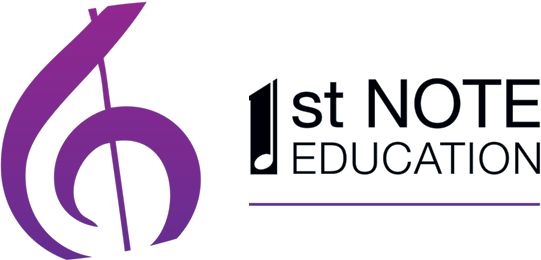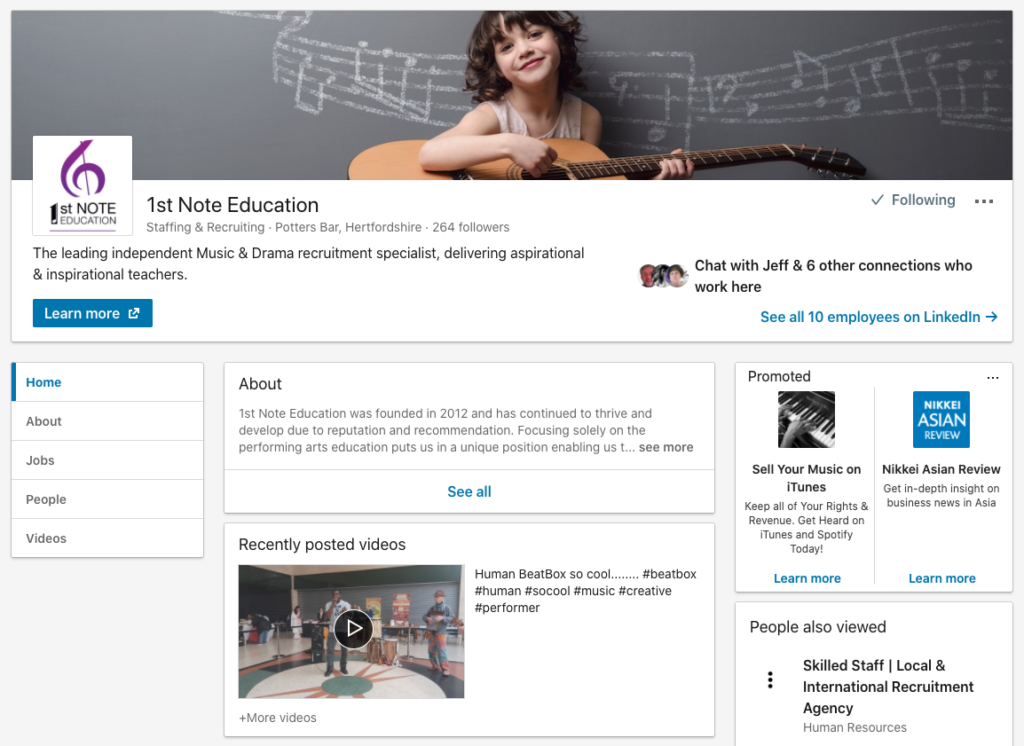What should we look out for when safeguarding and how do we log it correctly?
(Please note that some readers might find some of the issues raised disturbing. Links will be left at the end of this article for advice and support on any of the subjects raised)
Sometimes there are clear signs, sometimes there are no signs at all, but we as teachers need to be vigilant at all times. If you are like me, you probably worry if you’ve had a bad day at school, or even sometimes get upset or feel guilty yourself if you have to tell a child off… even though they have been naughty! It’s the caring nature in us as teachers. We look after children because we care and want them to grow up having the best start in life. It is important even more so that we take note of our children’s behaviour in the classroom. Each child has their very own personality and traits that make them unique within the classroom, unique within the school. We as teachers pick up on these personalities as that is what helps us build our lesson plans and structure, to make sure we can motive and make each mind tick in a positive learning environment.
Knowing each class member’s personality also has another quality about it. You know how your mum or dad picks up on when you are sad or not yourself, even if you haven’t said anything to them? That is what we do, or should be doing as teachers. Sure children get tired, sure children are more vocal straight after wet play, you’ll have class chatters, you’ll have class quite ones, orchestrators, clowns, readers… they’re all personality traits.
But what if a child suddenly acted differently? Unusual perhaps to their normal self? Would you notice?
If there was an issue with the child, how would you deal with it?
Looking for irregularities
Small signs such as dirty clothing, scruffy hair, bad hygiene, can be indicators of neglect. Neglect is a form of child abuse whereby children are not getting the complete care they require. Neglect can be very small things or major things such as children missing meals, living in poor conditions, left to fend for themselves. Every child has the right to be brought up in a safe clean warm environment.
Hitting other children in class, bullying other children, or the opposite whereby children are afraid of loud noises, or frightened by sudden movements can be indicators of physical and mental abuse. Bruises, cuts, burns (believe it or not), are also visible indicators. Children do not walk into doors, or fall down the stairs everyday! Children hitting or bullying could be them releasing anger or mimicking what is happening at home. Fright of loud noises and sudden movements could represent fear of parents or guardians shouting or raising hands to them. A child may fear to get undressed for PE as it may reveal bruises or other blemishes caused by physical abuse.
Children may tend to separate themselves from the rest of the class, or find it difficult making friends. Clear signals that the child is destressed about something. A child may also be over sensitive and craving cuddles and attention all of the time. This could be because they are not getting the love and attention that they need at home, again pointing to forms of neglect.
Is a child acting sexually inappropriately? Using explicit terminology, rein acting moves, touching other class members inappropriately, frightened of getting changed for PE, or the reverse of revealing body parts inappropriately… All signals that can point to sexual abuse.
Mental abuse can occur with all of these other abuses, or can be used by itself. Children can be made to feel worthless, unloved and bad about themselves for no reason. Look for signs of children quickly losing their temper, distancing themselves, confusion, changes in personality.
I am going to briefly mention domestic issues too. Families arguing, domestic violence, mums and dads splitting up, family loss, can all have implications on the children involved.
We live in a world of technology, and there are not many homes that do not have the internet. But with the internet also comes dangers to children. Cyberbullying is too common and I believe cites do not do enough to prevent it. Children entering chatrooms, forums, blog cites, can be subject to cyberbullying. Cyberbullying can have the same affects as being bullied at school, so if one of your children seems down and miserable, or acting differently, chat with them. Grooming is also a massive danger to children using the internet. Groomers pretend to be somebody different in order to gain trust from the child they are chatting to. When the groomer has gained the child’s trust they will ask to meet them. It’s unbelievably scary and something that both teachers and parents need to be weary of.
Self-harming children give clear warning signs that something is wrong within their lives. Markings are generally quite clear to see on their bodies, although some may harm in places that are not visible to others. Children may feel discomfort, doing certain activities, due to injuries, or not want to reveal parts of the body due to cuts, scars, bruises or burns.
Children can show emotion that something is wrong through crying, acting differently, and separating themselves or irregular behaviour… We need to be clear and understand though, that some children are extremely good at hiding underlying issues. This is more difficult for teachers to spot. Some of the most abused of children are the best at hiding it because they are so frightened of what might happen to then, should they notify someone of what is happening. It’s a very sad situation but unfortunately it is the truth. Is a child missing lots of days from school? It’s another warning sign.
Recognise harm. Look out for the signs. If you or someone you know is being treated in a way that makes you or them unhappy, it might be abuse.
Respond. Talk to someone you trust and ask for their help and support – if you ignore abuse it will not go away. Teachers need to be very understanding, confiding, and easy to approach. You do not know how badly a child may have been abused so handle with care!
Refer – The child to the safeguarding team leaders of your school. If you are a team leader already, you will be given all of the necessaries and documentation to log incidents correctly and refer to social services, NSPCC, police, or other teams that deal with these situations.
This has been one of the toughest articles for me to write. As this is such a vast subject, with all types of abuse being very complex, there may be slight parts that I have not covered, however, I have tried to give as extensive in coverage as possible. Some of the stories that I have read have brought tears and it has really raised my attention to how important it is to look after your class pupils and safeguard efficiently.
If you notice anything differently at all with any of your pupils… no matter how small or trivial you think it might be… Report it! It is better to be safe than to be sorry!
Call us or email [email protected].  Phone: 0808 800 5000
18 or under? ChildLine offers free, confidential advice and support whatever your worry, whenever you need help.
ChildLine Phone: 0800 1111 (This is a free phone number from any landline or phone box)
Andy T









